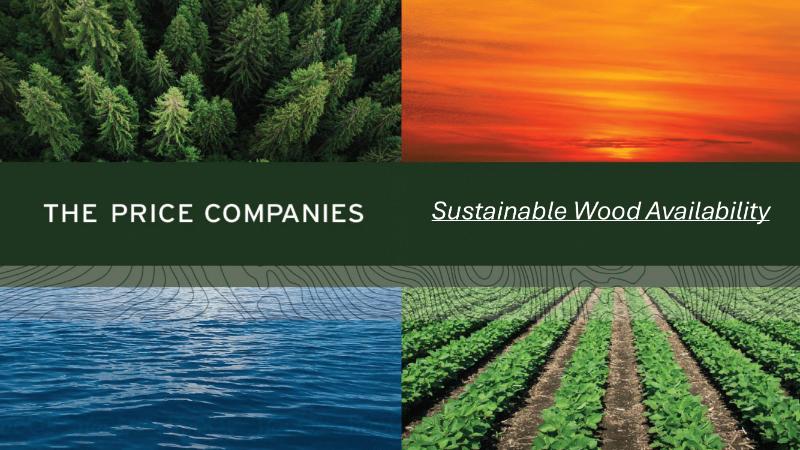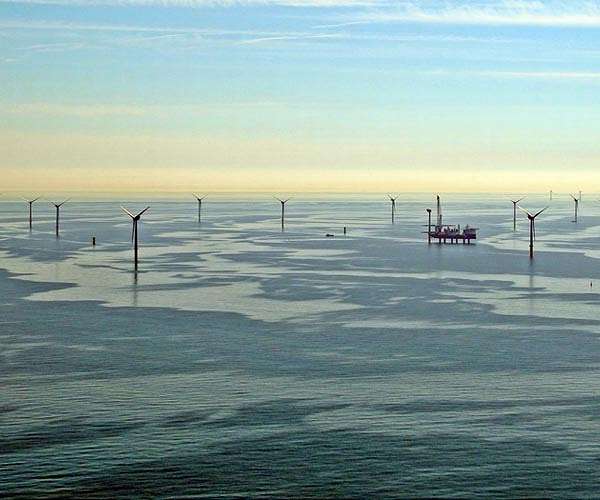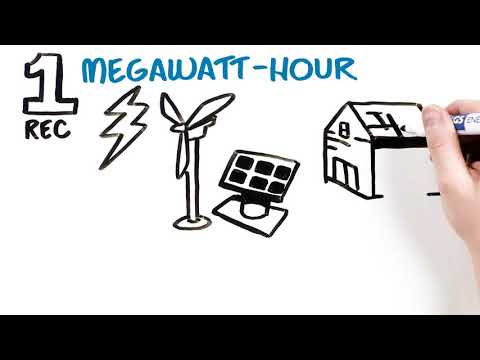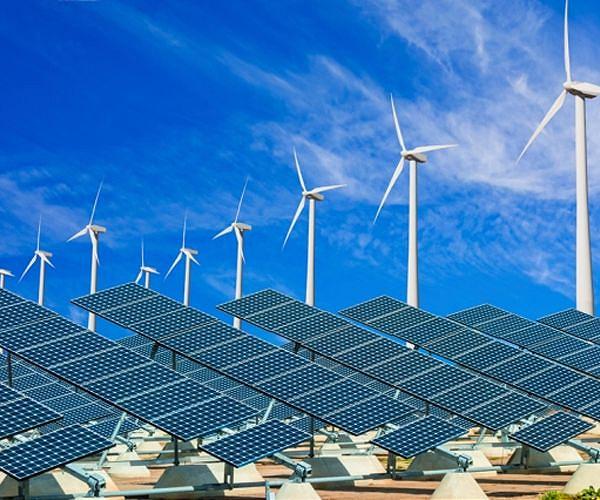
To the editor, Elliot Kaufman, in response to the January 21 Journal Reports: Energy article titled “Will Using More Biofuels Be Good for the Environment? Two Experts Square Off.”
The dueling commentaries (January 21) on the carbon benefits of U.S. biofuels offered a compelling contrast.
On one hand, Harvard’s Daniel P. Schrag explained why climate experts concur that biofuels “represent our best chance at a low-carbon, low-cost alternative to petroleum-based fuels.” Mainstream science agrees. Peer-reviewed research from Environmental Health & Engineering, authored by scientists from Harvard, Tufts, and MIT, shows that lifecycle emissions for ethanol are at least 46 percent lower than gasoline. Researchers from the U.S. Department of Energy (DOE) and U.S. Department of Agriculture reached similar conclusions. Even with more electric vehicles, we simply can’t reach net-zero without biofuels.
On the other hand, University of Minnesota’s Carlisle Runge recycled false claims based on a myth about the expanding footprint of U.S. agriculture, despite hard USDA data showing the opposite. In fact, the main study cited by Runge was debunked and dismissed by the nation’s top climate scientists, including those at DOE’s Argonne National Laboratory and University of Illinois-Chicago, among others. They exposed the study for making “questionable assumptions,” “double counting” emissions, and using “outdated and inaccurate projections” to attack the climate benefits of ethanol.
There may be two sides to the debate, but there is only one set of facts. American biofuel producers lead the world in delivering lower-cost options for a lower-carbon economy.







